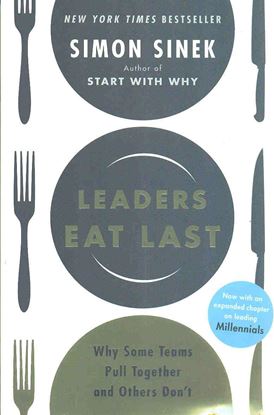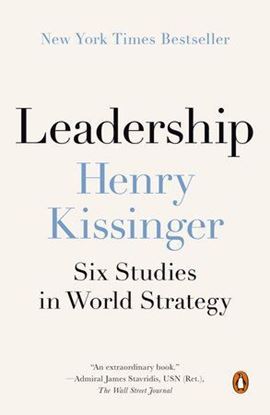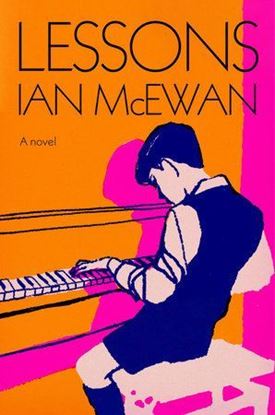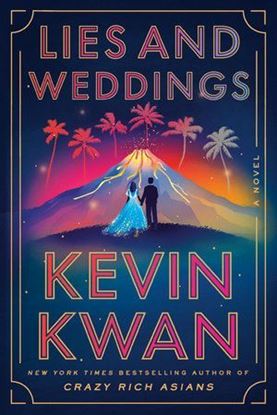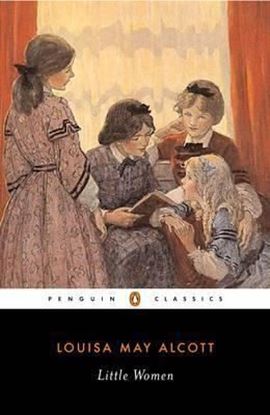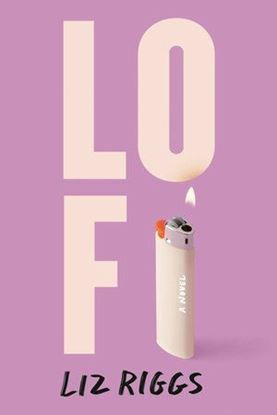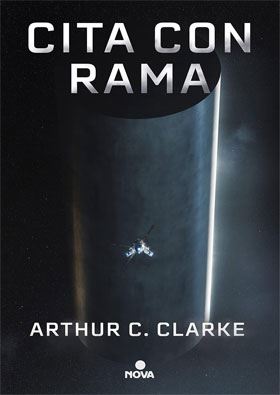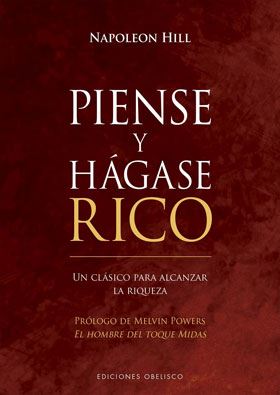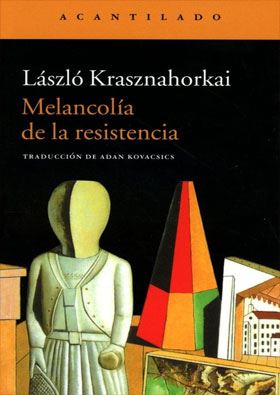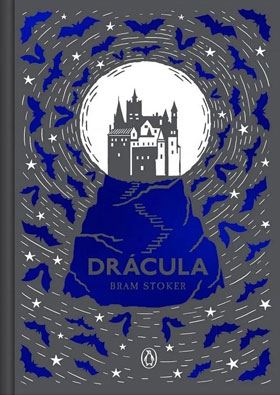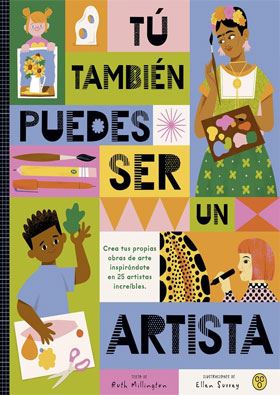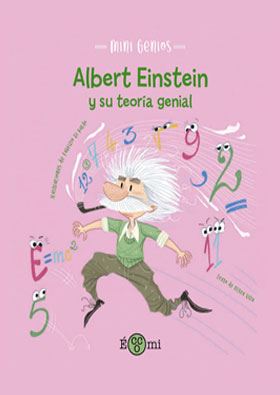

LEADERSHIP
“Leaders,” writes Henry Kissinger in this compelling book, “think and act at the intersection of two axes: the first, between the past and the future; the second, between the abiding values and aspirations of those they lead. They must balance what they know, which is necessarily drawn from the past, with what they intuit about the future, which is inherently conjectural and uncertain. It is this intuitive grasp of direction that enables leaders to set objectives and lay down a strategy.”
1,150
LESSONS
When the world is still counting the cost of the Second World War and the Iron Curtain has closed, eleven-year-old Roland Baines's life is turned upside down. Two thousand miles from his mother's protective love, stranded at an unusual boarding school, his vulnerability attracts piano teacher Miss Miriam Cornell, leaving scars as well as a memory of love that will never fade.
Now, when his wife vanishes, leaving him alone with his tiny son, Roland is forced to confront the reality of his restless existence. As the radiation from Chernobyl spreads across Europe, he begins a search for answers that looks deep into his family history and will last for the rest of his life.
Haunted by lost opportunities, Roland seeks solace through every possible means—music, literature, friends, sex, politics, and, finally, love cut tragically short, then love ultimately redeemed. His journey raises important questions for us all. Can we take full charge of the course of our lives without causing damage to others? How do global events beyond our control shape our lives and our memories? And what can we really learn from the traumas of the past?
Epic, mesmerizing, and deeply humane, Lessons is a chronicle for our times—a powerful meditation on history and humanity through the prism of one man's lifetime.
900
LIES AND WEDDINGS (EXP)
Rufus Leung Gresham, future Earl of Greshambury and son of a former Hong Kong supermodel has a problem: the legendary Gresham Trust has been depleted by decades of profligate spending, and behind all the magazine covers and Instagram stories manors and yachts lies nothing more than a gargantuan mountain of debt. The only solution, put forth by Rufus’s scheming mother, is for Rufus to attend his sister’s wedding at a luxury eco-resort, a veritable who’s-who of sultans, barons, and oligarchs, and seduce a woman with money.
Should he marry Solène de Courcy, a French hotel heiress with honey blond tresses and a royal bloodline? Should he pursue Martha Dung, the tattooed venture capital genius who passes out billions like lollipops? Or should he follow his heart, betray his family, squander his legacy, and finally confess his love to the literal girl next door, the humble daughter of a doctor, Eden Tong? When a volcanic eruption burns through the nuptials and a hot mic exposes a secret tryst, the Gresham family plans—and their reputation—go up in flames.
995
LO FI
Most nights, you’ll find Alison Hunter at The Venue, the kind of sweaty Nashville spot that’s on the circuit for bands like Bon Iver and Death Cab. Sounds glamorous—but not for Al, who stamps hands at the door with Julien, the quiet coworker who treats her like a little sister. When she can sneak off, she bums drinks from the tattooed bartender and watches the bands, wondering if she’ll ever finish a song of her own after her disastrous attempt to play in public.
When a once-in-a-century storm hits and her lead singer ex-boyfriend shows up at the door, Al finds herself stuck in a perpetual cycle of late nights, new flings, and old flames. Obsessed with the disappearance of a troubled indie star, she slowly starts to lose it herself—until one reckless night threatens to derail everything. As propulsive and sexy as the rasp of a static-driven amp, Lo Fi is an openhearted tribute to the messy truth of the creative life, the clash of lust and love, and the yearning to be heard.
1,900

